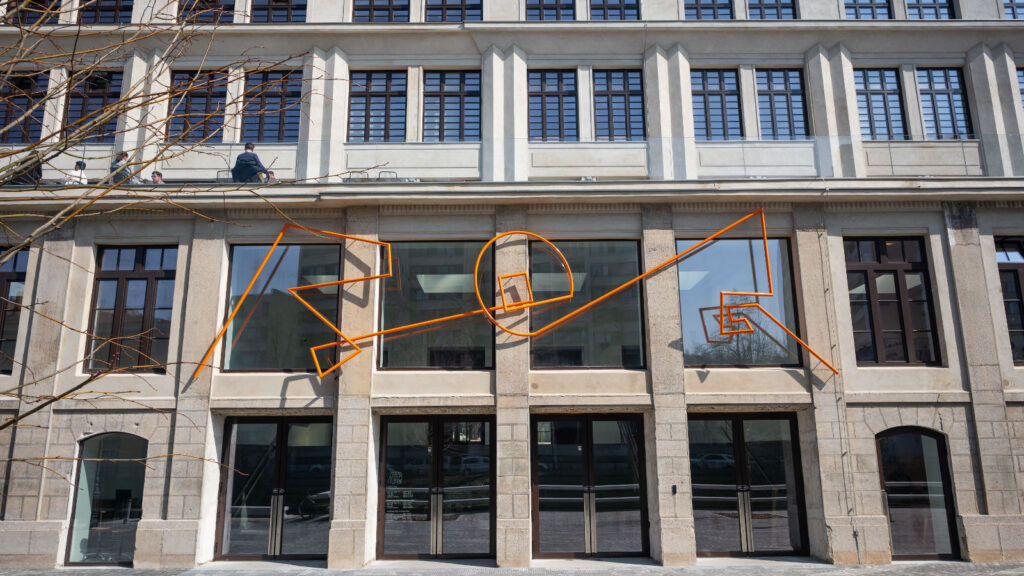
Photo: Nexus
Tyne & Wear Metro boosts security on evening trains
30 May 2023
by Christopher Carey
Extra security will be deployed on the majority of trains on the Tyne and Wear Metro to provide customer reassurance in the evenings and tackle anti-social behaviour. The Metro service covers Newcastle, Gateshead, North Tyneside, South Tyneside, and the City of Sunderland.
The move comes amid a rising number of incidents, which have included young people and staff being assaulted.
Nexus, the public body which owns and manages Metro, introduced a 24-strong team in March 2022, but has now expanded its numbers to 44.
The group said it had listened to feedback from its customers and the Metro team before making this “significant commitment” in an aim to provide greater reassurance to people using public transport in the evening.
“This represents a major change in how we operate, providing reassurance and support to our customers and the Metro team,” said Martin Kearney, Managing Director of Nexus.
“We will provide a security presence on the majority of Metro services from 19:00 every evening. We are grateful to the Police and Crime Commissioner and local authorities for their support. By working together we can ensure public transport is safe for everyone. This commitment will take the security presence on Metro to its highest ever level.
“The security team will work alongside the dedicated police patrols we get from the Northumbria Force, and from the British Transport Police on the Sunderland line.
“We have listened to what customers and our Metro team have asked for. People said there needed to be a greater visible presence of security on board the Metro trains at night and we are delivering on that.”
Cost
The cost of the extra security, which is over £1 million (US$1.23 million), will be funded by ticket sales and a contribution from the Police and Crime Commissioner.
“Reliable, affordable and crucially, safe – that’s what people tell me they want from our public transport services and this is an example of how, together, we are delivering on this,” said Northumbria Police and Crime Commissioner, Kim McGuinness.
“Our Metro connects our communities and links people to opportunities, and it’s so important that people feel safe and comfortable when on board.
“These enhanced security measures are a welcome boost supporting our continued policing efforts and other Safer Transport Northumbria initiatives I’m funding such as youth engagement and focused days of action.”
The security team, who are “registered and conflict trained”, was credited with halving the number of crime and anti-social behaviour reports in the area last summer.
But a continued upward trend in anti-social behaviour has prompted the deployment of more officers.
Area of focus
Safety on public transport has become a growing area of focus for public transit agencies globally, particularly after a rise in violent incidents during COVID-19.
But the problem pre-dates the pandemic – with reports of attacks and anti-social behaviour towards passengers and staff on the rise over the past two decades, according to an August 2022 study by the Mineta Transportation Institute.
Some agencies have also taken targeted approaches towards gender-based harassment and intimidation, such as Transport for London’s “zero tolerance” campaign on sexual harassment, which was launched in October 2021.
The campaign, which included posters across the network and social media adverts, aimed to challenge harassment and send a clear message to offenders.
In February, the transport operator stepped up its efforts with a new initiative encouraging bystanders to be proactive and intervene if they witness sexual harassment on public transport.
“There’s a lot of research into bystander intervention and the role that it can have in de-escalating and preventing incidents before they actually occur,” Mandy McGregor, TfL’s Head of Policing and Community Safety, told Cities Today in March.
“So what we’ve focused on is behaviour that is non-confrontational and ignores the harasser or the aggressor, and focuses on the victim.
“For example, a non-confrontational question about the time, or offering the person their seat – this can offer a distraction.
“It’s something in the moment that people can do to de-escalate and prevent something from happening.”
Image: Nexus






